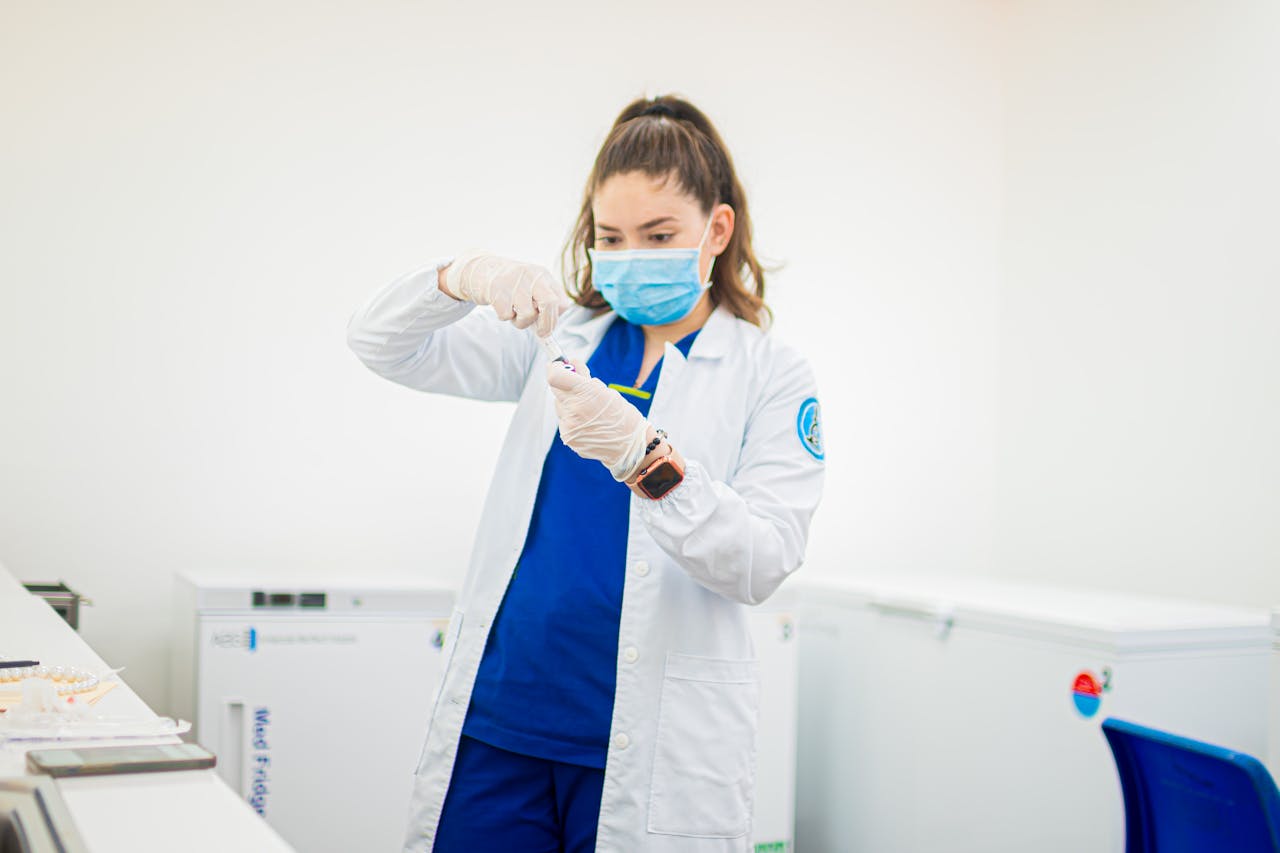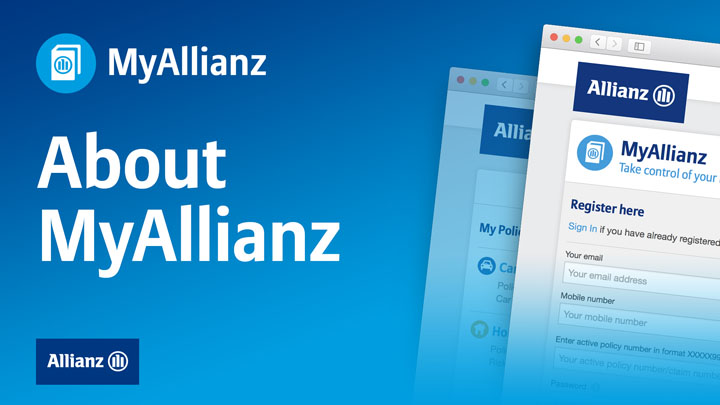OSHCstudents – Sometimes you don’t have the luxury to prepare for a hospital visit, such as in an emergency. However, if you’re going to the hospital for a pre-booked treatment, there are a few things you can do to make the process as smooth as possible, and help you recover as quickly as possible.

Staying healthy
There are some simple health related things to be aware before you go into hospital, that can help make sure your time in hospital is as comfortable as possible, and help you avoid any extra health issues.
Getting to know you
Before you have any hospital treatment, you may need to get a physical examination, fill out some medical history forms or maybe even have some blood tests. This helps everyone understand your health history, and prepare for any risks.
Existing health conditions
If you have any existing health conditions, such as diabetes, heart disease or asthma, it’s important to find out how they will be managed in hospital; including any medication, and if there are any changes you may need to make to prepare for your treatment. Make sure you ask your doctor(s) about this, so you know what to expect. Once you’ve discussed this with your doctor, it’s worth creating a list of the medicines and doses you need to take.
Keep moving
Exercise is an important part of keeping healthy, even if you’re not going to hospital! However, sometimes exercise can help speed up your recovery after a procedure. For example, if you are having hip or knee replacement surgery, check with your doctor if there are any exercises (e.g. muscle strengthening) you could do before your stay.
Quit Smoking
Smoking increases your risk of complications after a procedure, and can impact on your body’s ability to heal. Ask your doctor or pharmacist for help to stop smoking or call Quitline on 13 78 48.
Being hospital ready
As well as the health things you can do to prepare for a hospital stay, there are a few other practical things you can do to make sure you’re hospital ready.
Know what costs to expect
While you’re focused on your recovery, the last thing you want to worry about is unexpected hospital costs. Before you’re admitted, it’s important to know what you can expect to pay, and how hospital treatment is funded. Find out more about who pays for your hospital treatment.
Fill in your pre-admission paperwork
Your hospital will have specific information they’ll need for your stay. This will include things like a Patient Registration Form and Patient Health History form, which may be completed online or in hard copy after discussing your admission with your doctor. The forms must be received by the hospital no later than 48 hours before your admission.
Private rooms?
In a public hospital, you’ll generally only get a private room if the hospital decides that it is clinically necessary.
One of the key benefits of private health insurance is being covered for a private room. If you would like a private room, it’s important to request one from your hospital ahead of time.
Organise transport
You may not be able (or allowed) to drive after some tests and procedures, so be sure to check this with your doctor beforehand. Depending on your condition, you may need to go home with a friend or relative, so make sure you arrange it early, and have one less thing to worry about.
OSHCstudents (source: Bupa)














